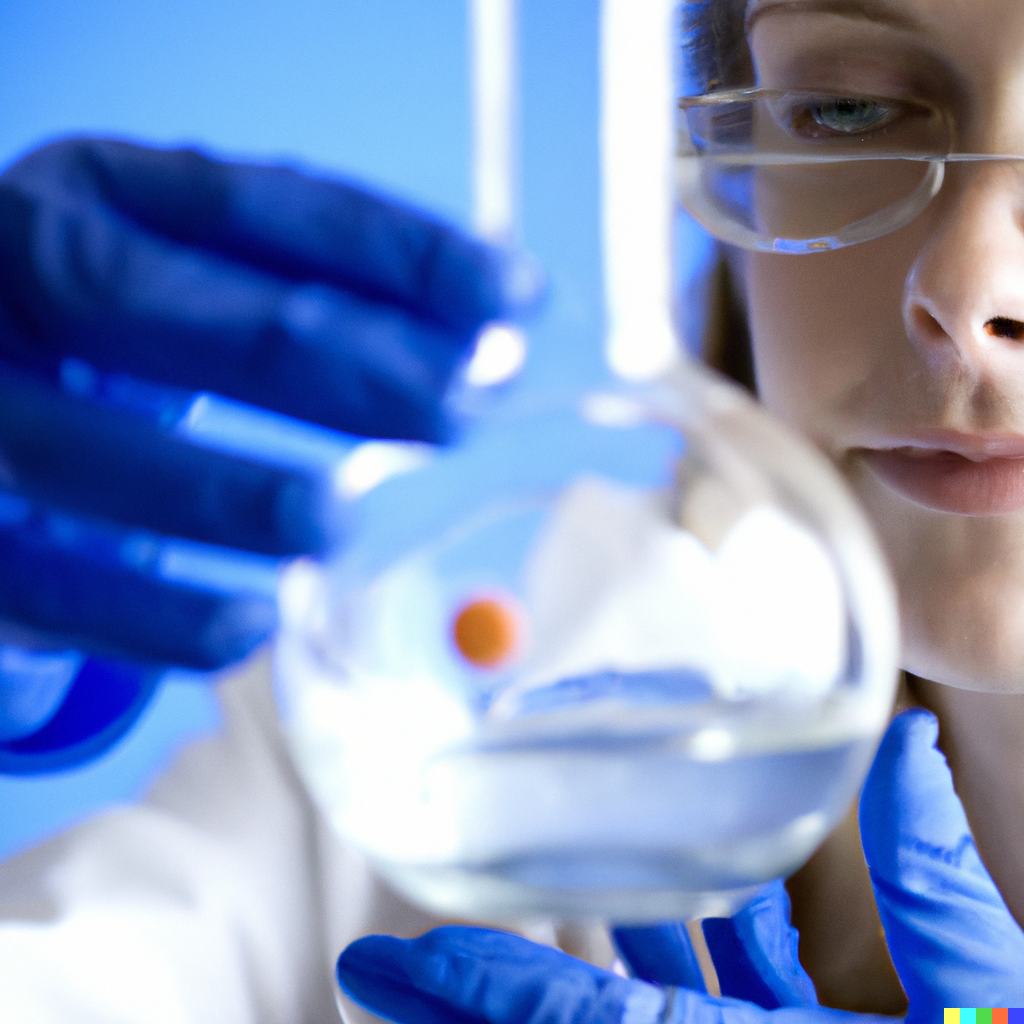Discover how biotechnology is revolutionizing healthcare, agriculture, and sustainability. From gene editing and lab-grown meat to bioremediation and biofuels, this article explores the innovations, challenges, and future potential of BioTech in shaping a healthier, more sustainable world.
Biotechnology, often referred to as BioTech, is one of the most rapidly advancing fields of science today. It sits at the intersection of biology, chemistry, engineering, and computer science, and its applications reach far beyond the laboratory. From developing life-saving medicines to engineering crops that can withstand climate change, biotechnology is shaping the future of humanity and the planet.
What is Biotechnology?
Biotechnology involves using living organisms, systems, or biological processes to develop products and technologies that improve our lives. While it may sound like a modern invention, humans have been practicing biotechnology for thousands of years—think bread making, brewing beer, or fermenting cheese. However, with today’s advances in genetics, molecular biology, and artificial intelligence, BioTech has grown into a powerhouse of innovation.
Key Areas of Biotechnology
1. Healthcare and Medicine
Perhaps the most well-known application of biotechnology is in healthcare. Some breakthroughs include:
- Gene Therapy: Correcting defective genes to treat inherited disorders.
- Personalized Medicine: Using genetic data to design treatments tailored to an individual’s DNA.
- CRISPR-Cas9 Gene Editing: Allowing precise edits in DNA to potentially cure diseases like sickle cell anemia or even target cancer cells.
- Biopharmaceuticals: Developing vaccines and drugs derived from biological sources, such as insulin or monoclonal antibodies.
2. Agriculture and Food Production
As the global population grows, the need for sustainable food solutions is critical. BioTech is playing a pivotal role through:
- Genetically Modified (GM) Crops: Increasing resistance to pests, drought, and disease.
- Biofertilizers and Biopesticides: Reducing the environmental impact of farming.
- Lab-Grown Meat: Creating alternatives to animal farming, reducing greenhouse gas emissions.
- Nutrient-Enriched Crops: Combatting malnutrition with crops fortified with vitamins and minerals.
3. Environmental and Industrial Applications
Biotechnology is also being used to heal and protect our planet:
- Bioremediation: Using microbes to clean up oil spills, plastics, and other pollutants.
- Biofuels: Producing renewable energy sources from algae and plant matter.
- Bioplastics: Offering sustainable alternatives to petroleum-based plastics.
The Challenges of Biotechnology
With great power comes great responsibility. While BioTech offers incredible promise, it also raises ethical and regulatory challenges:
- Ethical Concerns: Should we edit the human germline? How do we balance progress with morality?
- Accessibility: Will advanced treatments only be available to wealthy nations or individuals?
- Environmental Risks: Could genetically modified organisms disrupt ecosystems?
- Regulation: Governments must create frameworks to ensure safety while encouraging innovation.
The Future of BioTech
The next decade of biotechnology could bring unimaginable changes:
- Cures for currently incurable diseases.
- Climate-resilient crops that secure food supplies.
- Sustainable energy systems that reduce our dependence on fossil fuels.
- Integration of AI and biotechnology to accelerate discoveries.
Ultimately, biotechnology has the potential to redefine how we live, heal, and sustain ourselves. But to unlock its full promise, collaboration between scientists, governments, businesses, and society will be essential.
